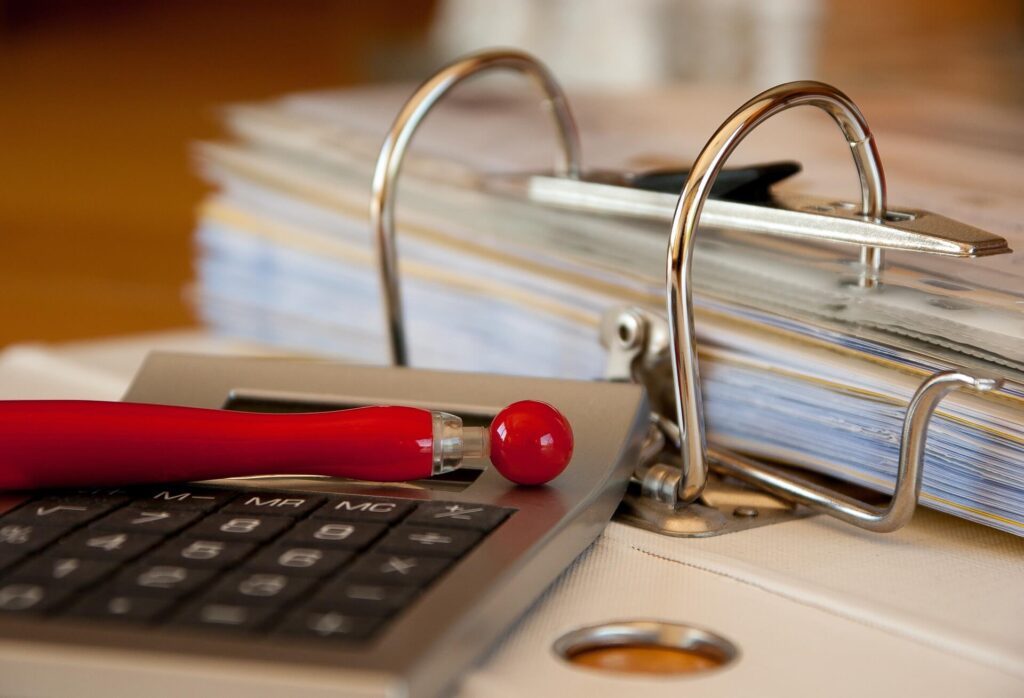How to Do Due Diligence as a Freelancer

Deciding to be a freelance due diligence specialist is a big step. Whether you quit your day job or are starting fresh, you have to keep in mind that this is a serious profession. If you will take a look at online job markets, you will see that due diligence specialists are not as many as freelancers who belong in the creative fields. This is mainly because due diligence consulting is highly technical and requires specific skills, training, and experience. This may be a good opportunity for you to start your own due diligence consulting business. And to prepare you for the freelancing world, here’s an overview of how to do due diligence as a freelancer or an independent contractor.
Understanding Due Diligence

Due diligence is a systematic investigation, analysis, or audit of a specific category, done before a business enters into a contract or investment. Due diligence consulting is done to evaluate the project owner’s business capabilities and overall standing vis-s-vis the potential partner’s business footing. This is typically conducted before mergers and acquisitions.
There are different types of due diligence projects, based on approach and context.
Types of Due Diligence
Based on the approach:
- Hard Due Diligence. Factual data and numbers are the main players in hard due diligence. The evaluation involves a lot of data gathering, from financial statements to cash flows. Consultants aim to get the company’s financial standing and stability to get a grasp on how capable and ready it is for changes. In this approach, the business model, existing deals and contracts, and strategies are also assessed to determine the sustainability of the company.
- Soft Due Diligence. Soft diligence is anchored in management style and the people. This covers leadership quality, employee culture, and customer base loyalty. A consultant looks into the company’s corporate culture, especially on relationships between management and employees. It analyzes systems involving human capital and not financial capital.
Based on context:
- Financial Due Diligence. Financial due diligence involves auditing financial data, statements, and books. In addition, a due diligence specialist analyzes assets and liabilities, capital funding and cash flow, profit margins, and debt management.
- Legal Due Diligence. Legal due diligence is concerned with compliance checks. This may involve deals and contract reviews, regulatory compliance, and even intellectual property rights security.
- Commercial Due Diligence. Commercial due diligence is about the study of the market. It deep dives into marketing strategies, research and development, customer relations, and sales pipeline. It also includes an assessment of competitiveness, market share analysis, and mapping out growth opportunities.
- Operational Due Diligence. In doing operational due diligence, a consultant reviews and studies how a business turns its plans into actions, and how these actions translate to profit. Basically, the operations of a business are examined to see how fit and adaptable it is for change and growth.
Being a Freelance Due Diligence Specialist
The perks and benefits of being a freelancer are too appealing to miss out on, right? So, if you have decided to be a freelance due diligence consultant or specialist, here are a few guides to help you start right.

Specialize in a Due Diligence Category
While it may be beneficial if you can conduct consulting services for any type of due diligence project, it will be best if you have a specialization. As you focus on this specialization, you will continue to perfect your skills. Having a specialization will become a brand in your name, and businesses looking for consultants will consider hiring you more than others.
Continuous Learning
Experience may be the best teacher, but being updated and relevant is essential too. Due diligence methodologies evolve, especially with the rapid development of technology, allowing streamlined collaboration workflows between clients and freelancers. You must keep up. You can also take due diligence certification courses to enhance your knowledge and skills.
Skills, Skills, Skills
Aside from your technical knowledge of conducting due diligence, you should also have the necessary skills to deliver a good project outcome. Skills like attention to detail, team management and collaboration, communication, and organizational skills are equally important. Writing and reporting skills are essential too.
Remember, you will be bombarded with tons of important documents when doing your job. These may be years’ worth of company files, so you need good time management skills and patience. If you are working with customer analysis, you have to be professional at all times.
Have an Efficient Workflow
Plan and design a workable and productive workflow for you. This includes creating a good step-by-step workflow per phase of your project. For example, during the initial phase, you need to have a scope of work template to clarify what your client wants and expects from you. Through the workflow, you can see how long a project will take; therefore, you can decide if taking multiple clients will work for you. Have a process, and stick to it if it works wonders. But do not hesitate to modify if you see a weak link in your system.
Understanding Team Dynamics

In most cases, you will not be working alone. Companies will require you to work with accountants, HR, marketing heads, and lawyers. Understand that collaborating and working with these people will complete the project faster. You may be a freelancer, but you should know how to work with a team as well. After all, they know the company more than you do, so you might be able to get a more inside look from them. Your evaluation will be more holistic, knowing that besides what’s written in the papers, you got to see the bigger picture through the employees themselves.
Develop Your Own Program
Nothing impresses a client more than seeing that you have your own systems in place. You can also customize the program according to the demands of your clients. Keep in mind that the results of the project you deliver will have a significant impact on the company. So it is only right that you tailor-fit your program according to what the company requires. In any due diligence project, there are basic stages or phases that you must be included in your program:
- Determine the goals of the company
- Data gathering
- Assessment and review of documents & processes
- Reporting & recommending actions
Setting up Office
Now that you have your own business, it must be fully operational. It means setting up your office. No, not the physical workspace, but running it. Since some of your clients might not be comfortable with you bringing home their official documents, expect that you will be working in their building. So it is wise that you have your own laptop to work with. Know the software that you will need. Explore business management tools and see which best suits you. Think of it like this: you are the office. So make sure you have everything you need to do your work efficiently.
Due Diligence in Your Own Busines

Of course, as a freelancer, you should not forget to protect your own business. Doing your own due diligence is the smart thing to do. And as simple as how you would do it for a client, conduct it in your own business.
- Know your financial footing.
- Review your systems (workflows, marketing strategy, contracts, billing & payments).
- Assess your qualifications and readiness.
- Have a way to screen potential fake clients.
- Compliance (permits, licenses, and taxes)
Conclusion
The economy has truly opened up a lot of opportunities for almost all fields of work to shift to freelancing. Big and small companies find hiring freelancers more convenient than employing regular staff. The demand for consulting jobs for professionals like due diligence specialists is increasing.
With luck on your side, your skills and knowledge in due diligence are highly sought-after. Maximize this opportunity and become an excellent freelance due diligence specialist. It is truly worth it.
Get Organized & Win More Clients
Kosmo has everything you need to run your freelancing business.